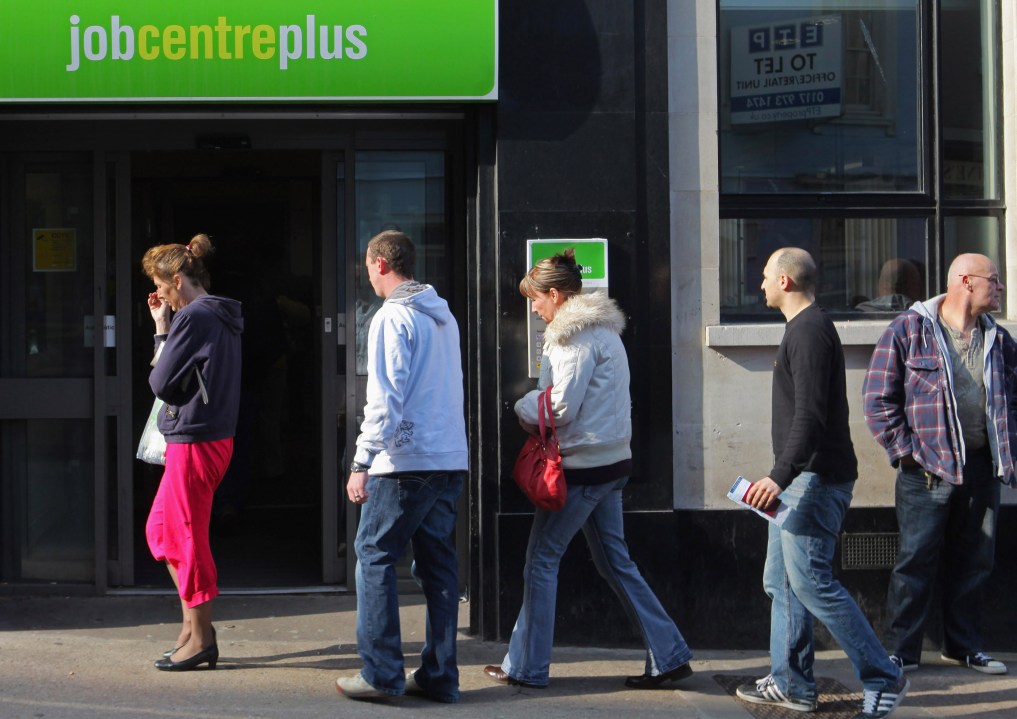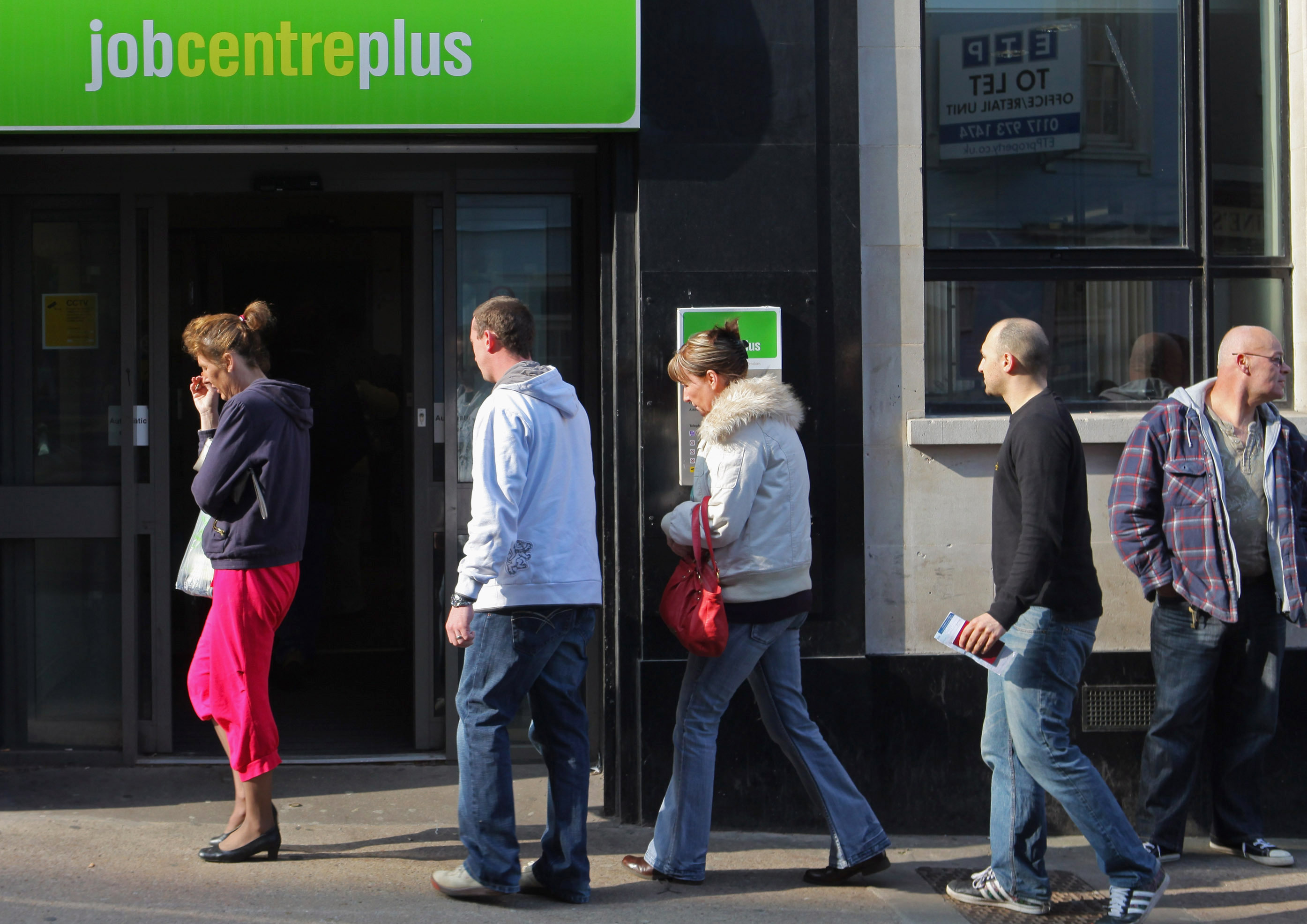 There’s a school of thought that welfare reform will become less popular as the recession bites deeper, and as more people enter the welfare system. Not so, to my mind – and Alice Thomson adroitly sets out the reasons why in today’s Times.
There’s a school of thought that welfare reform will become less popular as the recession bites deeper, and as more people enter the welfare system. Not so, to my mind – and Alice Thomson adroitly sets out the reasons why in today’s Times.
Her central claim is that the main divide in UK labour isn’t between immigrants and non-immigrants – despite Brown’s dangerous BJ4BW sloganeering – but simply between the “active and the idle”. Many of those currently losing their jobs belong to the former group – they are getting made redundant and almost immediately hopping into the queues at Job Centres. The competition for jobs is fierce, but they’re willing to struggle on as they want to get back into work as soon as possible.
In such a climate, those avoiding work for spurious reasons – the idle – are likely to be looked on even less favourably. If thousands of recession-hit Brits can put in the effort, why can’t they? It’s this kind of thinking that will forge a public consensus around welfare reform and its associated workfare shemes. As I’ve said before, the Tories should capitalise on this by getting David Freud to revise his welfare agenda for the new economic landscape.
UPDATE: The more I think about this, the more I think that “idle” is a bad word to use in this case. Although there are some work-shy people in this country, the word “idle” implies that the fault lies completely with long-term welfare recipients. It doesn’t. As HJ points out below, government policy has incentivised a life on benefits. That’s why welfare reform is so crucial. Still, I do think that a divide between “active” and (for want of a better word) “inactive” people will help build a public consensus in favour of welfare reform.







Comments